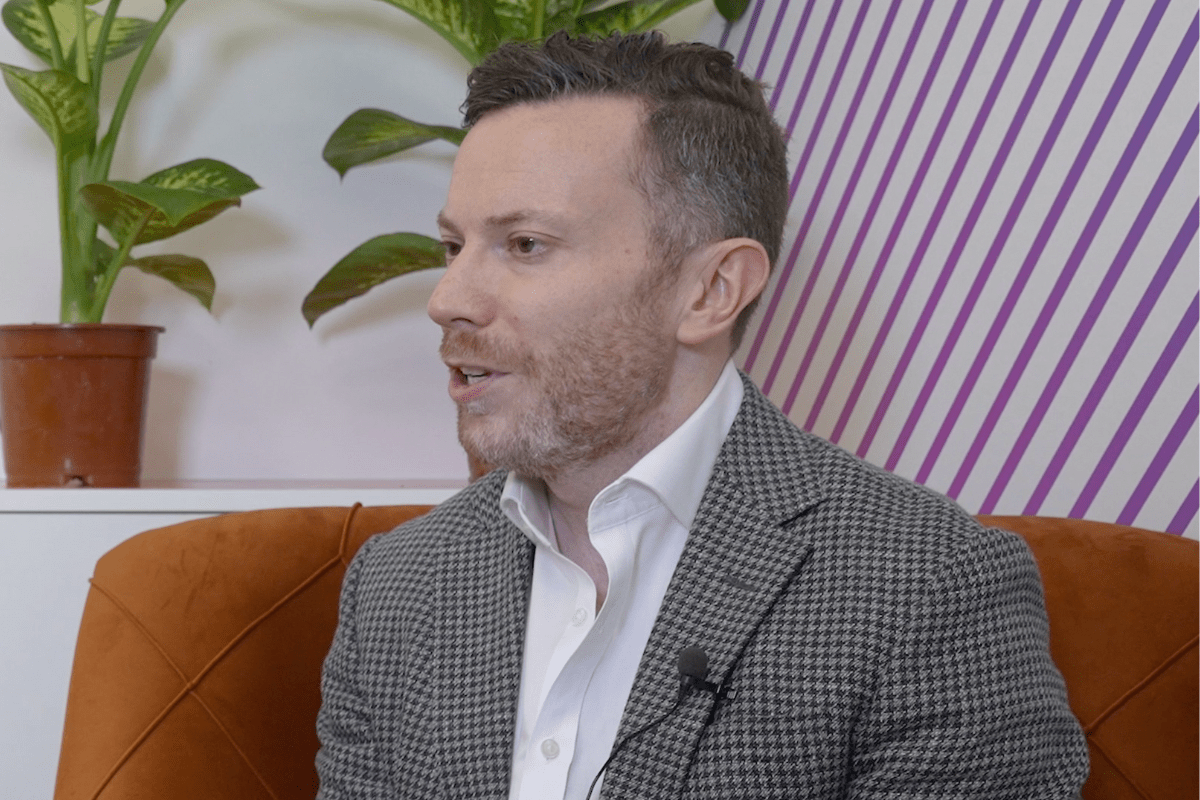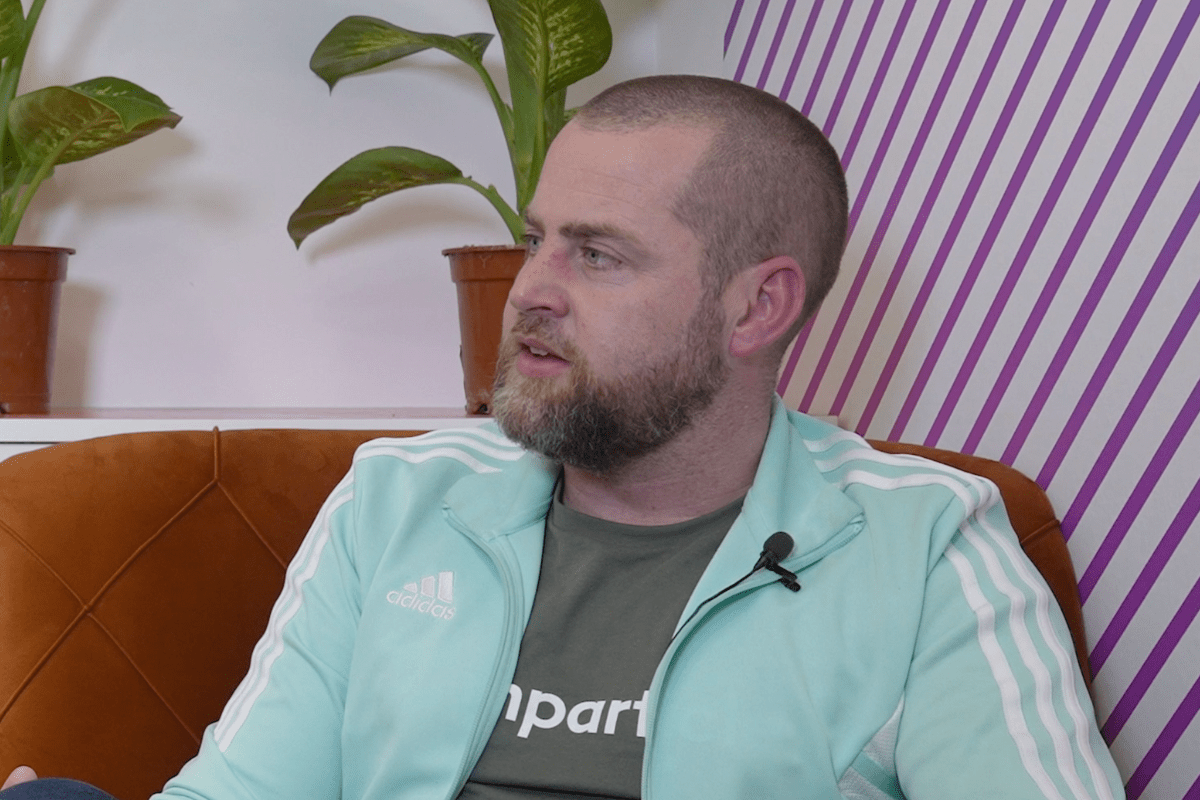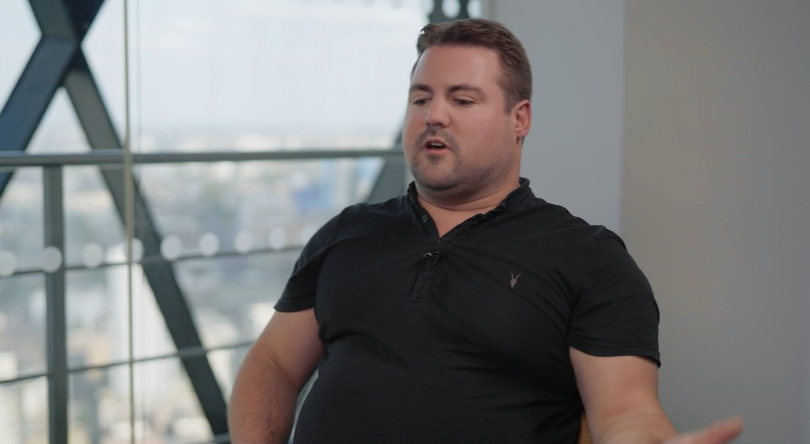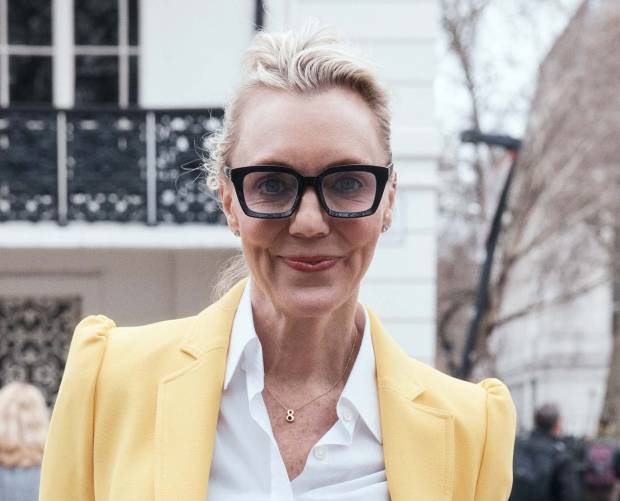 Monitise is a mobile banking, payments and commerce tech firm, whose platform powers mobile money services for a host of financial institutions, including RBS, Lloyds TSB, HSBC, PNC, Sallie Mae, HDFC Bank and Standard Chartered. Its mobile payments arm, formerly known as Mobile Money Network, which it acquired in December 2012, is deployed at retailers including Thomas Pink, Carphone Warehouse, Universal Music and Pretty Green.
Monitise is a mobile banking, payments and commerce tech firm, whose platform powers mobile money services for a host of financial institutions, including RBS, Lloyds TSB, HSBC, PNC, Sallie Mae, HDFC Bank and Standard Chartered. Its mobile payments arm, formerly known as Mobile Money Network, which it acquired in December 2012, is deployed at retailers including Thomas Pink, Carphone Warehouse, Universal Music and Pretty Green.
The companys growth in recent times has been little short of spectacular. The value of payments and transfers initiated via its technology is more than $31bn (£21bn) on an annualised basis, compared with $10bn a year ago. It currently processes just over 2bn transactions on an annualised basis, a four-fold increase on the figure a year ago. The group has 20m registered customers, compared with 6m in January 2012. And its platform processes 270m system transactions a day, handling 2.9m customer requests per hour at peak times.
Monitise runs a direct operation in the US, plus a channel business through Visa Inc., and FIS, a banking solutions provider. In Europe, it has a relationship with Visa Europe (a separate entity to Visa Inc.), while in Asia, it runs a number of Joint Ventures, including one with BlackBerry in Indonesia, where it is working with the handset-maker to bring payments to the BBB messaging service.
Technology platform
The companys modus operandi is to provide a technology platform to enable its partners to deliver services on mobile, generating a subscription-like, per-user revenue model, plus transactional revenue, as consumers execute commerce actions.
The firm’s chief marketing officer, Carl Tsukahara, is a tecchie at heart, holding a degree in Computer Science and Engineering from the University of California, Berkeley. He has held multiple executive management roles, including head of marketing for Oracles Database Operation, and head of field marketing for Oracles Americas Operation. He has also served as a marketing and strategy consultant for companies including Microsoft, Symantec, Taleo and VMware.
“Our aim, with our evolving interoperable platform and ecosystem of partners, is to enable consumers to bank anywhere, pay anyone and buy anything,” he tells me in the firm’s London headquarters, a stone’s throw from the Bank of England. “There’s a lot of disruption in the marketplace, so our role is to enable banks and payment companies to defend their position and extend their service offerings. As a white-label offering, we are the picks and shovels in the mobile money gold rush. We deliver the tools to enable them to bring their innovations to market.”
Tsukahara believes the banks are in a good position to do so. “One advantage the banks have is that typically, consumers will make 10-20 touches per month using our mobile experience,” he says. “There are very few other types of application that get that many touches; the browser, email, social perhaps.”
Winners and losers
Ah, that word social. Monitise has set its stall out firmly in the traditional financial services camp, but what about the OTT players, the ‘GAFA Gang’ (Google, Apple, Facebook, Amazon) in particular? Are the winners in the mobile money space likely to be banks trying to be more than banks, or entities that are not banks trying to be banks?
“I wish I had a crystal ball to answer that question,” Tsukahara replies. “The banks are in an incredibly powerful position to come out of this well. There are a lot of people trying to enter the payment/commerce ecosystem, but they don’t have the foundation of touch. It will be interesting to see how it all plays out with the likes of Facebook and Google, but we have chosen to sit on a certain side, and one point in the banks favour is that they are a trusted regulated entity; I dont think you would give your direct deposit payslip to Google, and in fact, a lot of the direct-to-consumer wallet models come from companies with no consumer support. So what do you do when there’s a problem? Thats a story that hasnt really been told.”
Tsukahara sees a natural tie up between banks and mobile operators. Currently, on a day-to-day basis, this manifests itself in banking apps that enable the user to top-up with mobile credit through the app, but he says its almost inevitable that they will collaborate further going forward.
“If you have an existing financial services entity that has a relationship with a customer, putting payments on mobile is a logical extension, and then it migrates to commerce, and the idea of using mobile to up-sell and cross-sell, and then from there you start to think there might be adjacent products, such as gift cards, that should be in the mobile device,” he says.
“If you look at shopping, there are other pieces. Lets say I receive an offer; it would be good to know what my bank balance looks like so I can then execute the payment, all via mobile, so this triangulation is important. This is where the banks have a built-in advantage when it comes to consumers and commerce. They know your transactions, and they can enable you to check your financial status. This is where the richness comes in.”
It sounds appealing, but you have to say, it’s not an experience many consumers would recognise right now.
“It is still very early days, Tsukahara concedes. “But based on the relationships we have, we think it will fan out tremendously, and we think that in the next 12-18 months, you will see much more aggressive deployment of these use cases. But to be successful, you have to give consumers services that they want, and you have to make the experience an intuitive one. That, we feel, is one of the benefits we bring to our clients. We see a plethora of different offerings, and that gives us a good feel the type of service that consumers will like and that will be a success.”
So having seen what different companies are proposing, I wonder if anyone, at this early stage, looks to be in pole position.
“There’s never one winner,” says Tsukahara. “There are multiple financial services entities and payment companies that have trust and consumer support, that will do extremely well in this space. To succeed, they need people, they need a way to execute transactions, and they need a proven platform that can scale, and lots of our partners, we feel, have all those things in place.”
Carl Tsukahara is CMO at Monitise

















